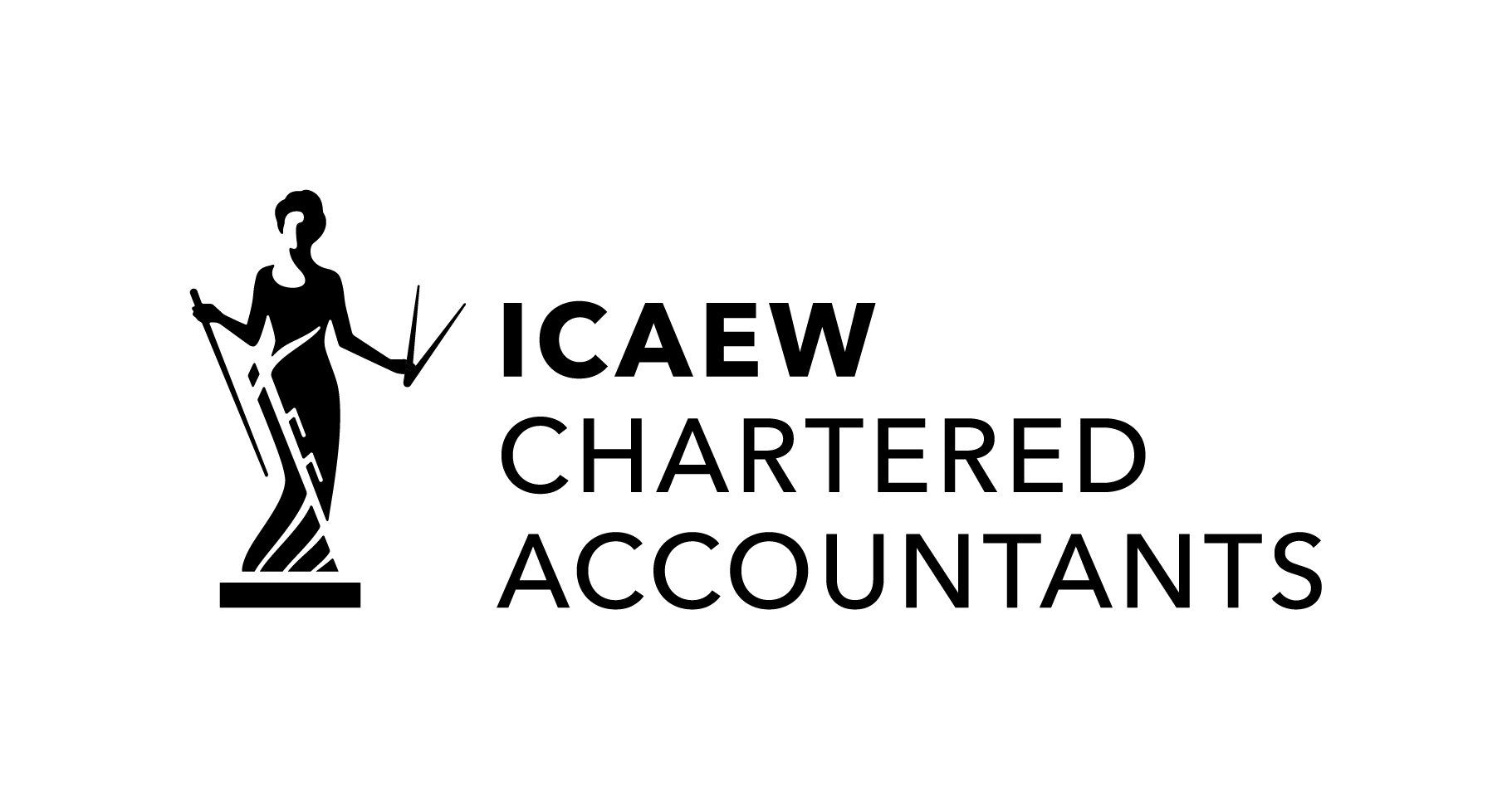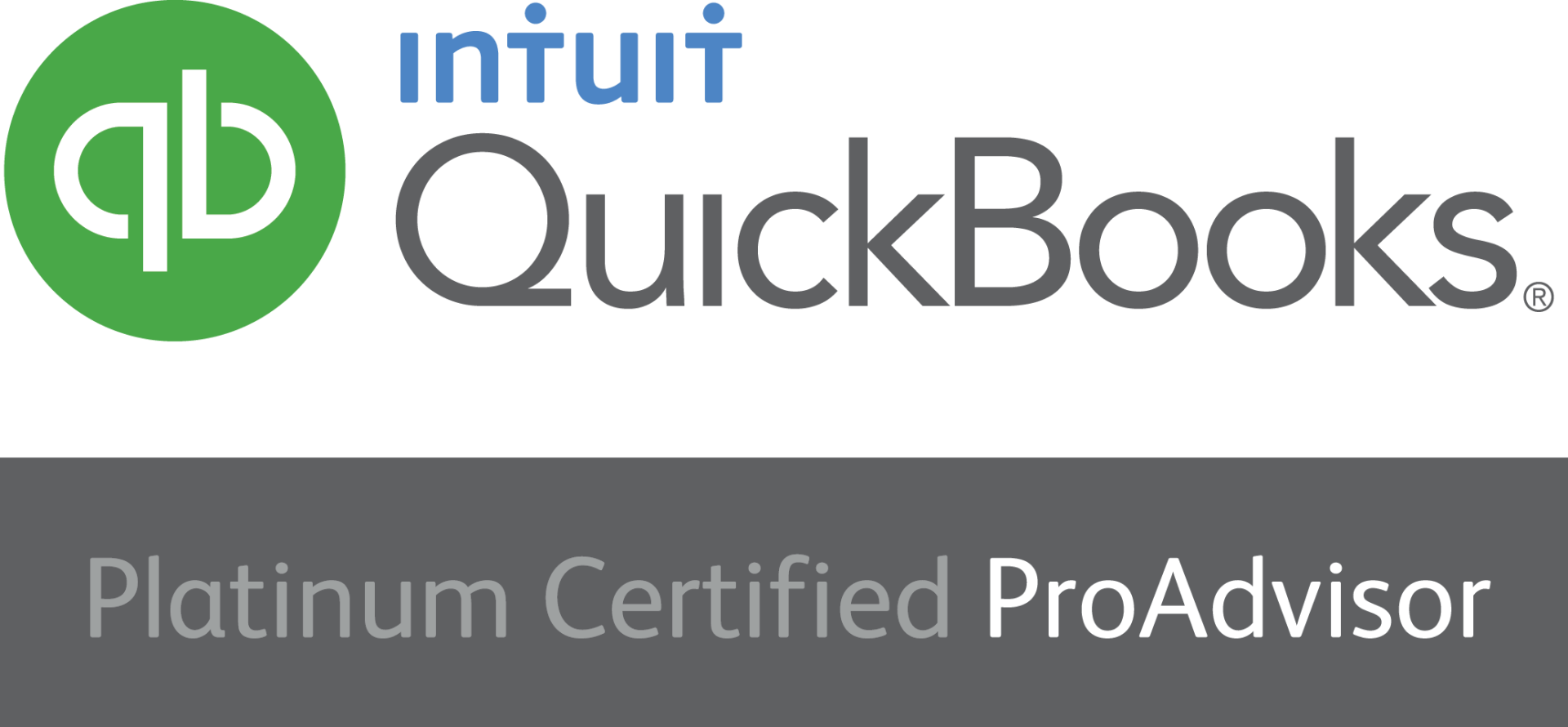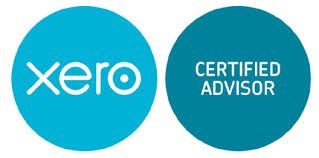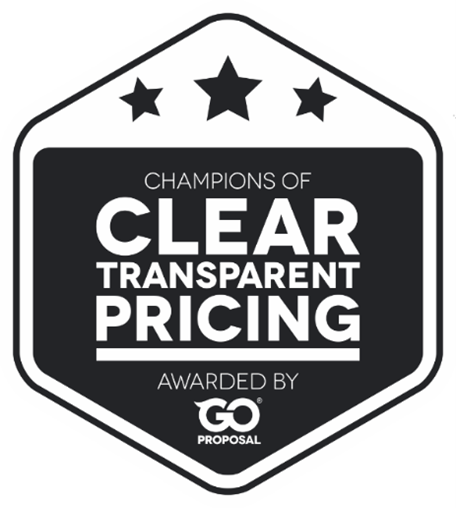Blog
Credibility is more important than likes
Credibility - why is it so important?
In today's fast-paced, ever-changing world, it can be difficult to know who to trust when selecting a supplier. Social media has given rise to a world of noise, where anyone can post anything, and it can be challenging to know what is true and what is not. As a result, credibility has become more critical than ever when selecting any supplier. In this article, we discuss the importance of credibility, the challenges posed by social media noise, and how to identify credible suppliers.
What does credibility actually mean?
Credibility is the quality of being trusted and believed in. It encompasses sincerity, integrity, authenticity and reliability but fundamentally it is based upon trustworthiness and expertise. Credibility gives employees, suppliers, investors and your customers confidence that you will fulfill your promises. It is a combination of both emotion and logic.
Why is business credibility important?
- Trust: Credible businesses are trusted by customers, partners, and investors. Trust is the foundation of successful relationships, and without it, it's challenging to attract and retain stakeholders.
- Reputation: A good reputation is built on credibility. A positive reputation can lead to increased customer loyalty, referrals, and higher customer lifetime value. Customer confidence in your business is perhaps the most obvious judgement on the credibility of your business. Your customers need to believe that you will fulfill your promises to them intrinsic in the quality of the product or service you provide, the price is fair, your delivery promises will be fulfilled and you will be responsive in resolving any queries or issues which might arise in your relationship.
- Competitive Advantage: Credible businesses often have a competitive edge. They can charge premium prices, secure better partnerships, and attract top talent, giving them an advantage in the market.
- Raising Finance: Credible businesses are more likely to attract investors and secure loans or credit. Financial stability is essential for growth and long-term success. Credibility works both ways when raising finance. You want to borrow money from a reputable lender and they want to lend to a business they can trust to make repayments on time and in full. The credibility of your business will be a determining factor in deciding how much and on what terms a financier will lend you funds.
- Legal and Regulatory Compliance: Credible businesses tend to adhere to laws and regulations, reducing the risk of legal issues that can harm a company's operations and finances.
- Risk Mitigation: Credibility helps mitigate risks. It can help a business weather crises, such as negative publicity or product recalls, more effectively.
- Business Relationships: Credibility is vital for building strong relationships with suppliers, customers, and business partners. It can lead to more favorable terms and cooperation. Credibility is a critical factor when you are selecting a supplier because it determines whether you can rely on them to deliver what they promise. Making the wrong choice can lead to delays, quality issues, and inevitably financial losses. Credibility works both ways. A supplier will look at the credibility of your business when determining payment terms and whether they want to do business with you. Will you pay their invoices on time? Will you change specifications or be "difficult" to deal with?
- Employee Satisfaction: Credible businesses often attract and retain high-quality employees who want to work for an ethical and trustworthy company, leading to a more productive and engaged workforce. Credibility is vital in attracting the right employees and retaining them and therefore can reduce business costs as hiring and training staff is costly so low staff turnover, lowers costs. The best and most successful businesses have employees who believe and are personally invested in the success of the business. They trust the business to act ethically and do the right thing by them and in return they are willing to go the extra mile.
Why is business credibility more important than social media likes?
- Long-Term Impact: Credibility is foundational and contributes to the long-term success of a business. Social media likes, while providing short-term visibility, may not translate into sustained credibility. For example, selecting a supplier based solely on their social media presence can be risky because social media noise can make it difficult to know what is genuine and what is not. Short term trends and viral stories tend to dominate the narrative on Social Media. When you are looking at building long term relationships with suppliers or clients you need to take a long term view. Social media likes should not be totally disregarded but should be considered in context.
- Trust and Relationships: Credibility builds trust, which is fundamental for meaningful relationships with customers, partners, and stakeholders. Social media likes, on the other hand, might not necessarily reflect genuine trust or loyalty. In today's world, anyone can post anything on social media, and it can be challenging to separate the truth from the noise. Some people take great delight from unjustly posting negative review and there have been many stories about paid positive reviews distorting the market and giving companies an unfair advantage over their competitors.
- Quality Over Quantity: Credibility is about the quality of the business, its products or services, and its commitment to ethical practices. Social media likes can be superficial and not necessarily indicative of the substance or quality of a business. For example, there was a recent news story about an accountant who had hundreds of 5 star reviews based upon getting massive tax refunds for their clients. It transpired that the refunds were fictitious and HMRC subsequently demanded the refunds back together with interest leaving those taxpayers with massive debts and long repayment terms. The accountant denied any responsibility and blamed both HMRC and their clients.
- Adaptability: Social media trends can change rapidly, and likes may not guarantee adaptability. Credibility, on the other hand, involves consistent values and practices that can withstand changing trends. The market place is always changing. A company that has many 5 star reviews for a product or service may not offer the same service through all its product range or adapt to changing market conditions and maintain the quality of its products. Today's trending product may not be in vogue tomorrow. A credible company will have the controls and systems in place to maintain the quality of it offerings even when market conditions become more challenging.
- Business Decisions: Credibility influences critical business decisions, such as partnerships, investments, and collaborations. Social media likes might not hold the same weight in such decision-making processes. "Likes" can be looked upon as the icing sugar dusting the top of a cake. They blow away easily. Business decisions should be based upon looking at the whole entity of the business, its operations and market with social media likes and reviews considered in the context of short term snap shots, some genuine, but with a lot of noise that is hard to filter out.
How do you build your business credibility?
- Consistent Quality: Deliver high-quality products or services consistently. Consistency builds trust and reinforces credibility.
- Transparency: Be transparent about business practices, pricing, and policies. Open communication fosters trust and credibility among customers and stakeholders.
- Customer Reviews and Testimonials: Encourage and showcase positive customer reviews and testimonials. Real experiences from satisfied customers contribute to a positive reputation.
- Ethical Practices: Uphold ethical standards in all business operations. Ethical behavior builds credibility and enhances the perception of the business.
- Effective Communication: Communicate clearly and effectively with customers, employees, and stakeholders. Clear communication helps avoid misunderstandings and builds trust.
- Professionalism: Maintain a professional image in all aspects of the business, from appearance to communication. Professionalism enhances credibility in the eyes of customers and partners.
- Community Involvement: Engage in community initiatives or support charitable causes. Social responsibility contributes to a positive perception of the business.
- Industry Expertise: Showcase expertise in your industry through thought leadership, participation in industry events, and sharing valuable insights. Being seen as an authority enhances credibility.
- Responsive Customer Service: Provide excellent and responsive customer service. Addressing customer concerns promptly and effectively builds trust and confidence.
- Consistent Branding: Ensure consistency in branding across all platforms. A cohesive and recognizable brand identity contributes to credibility.
Remember, building credibility takes time, and it's an ongoing process. It's about creating a positive and trustworthy image that resonates with customers and stakeholders.
How do you find out if suppliers' or customers' businesses are credible?
- Research the business's track record including their length of experience. Whilst new businesses may have recent technical skills learnt from college or university, they will lack the practical experience that comes from working with many clients over many years. For example, a more experienced accountant is likely to have seen a wider range of financial issues and developed a deeper understanding of the unique challenges businesses face especially in regard to surviving recessions. So, you ask how long a supplier has been in business, and what is their experience? This information can be found through online searches, industry publications, or by speaking with other businesses in your industry.
- Verify Contact Information: Ensure that the business provides accurate and transparent contact information. A credible business is usually accessible and transparent about its location, phone number, and email address.
- Values and ethics: There is a lot of discussion over recent years that you should consider the company's values and ethics before doing business with them. Simon Sinek’s view is we don’t buy what a supplier sells, we buy why they sell it. We like to understand our supplier’s “purpose”. Whether you believe that or not asking questions about their culture, codes of conduct or ethical guidelines will ensure that you feel comfortable in dealing with them. So, choosing a business that aligns with your values and ethics can help ensure a long-term, mutually beneficial relationship.
- Check for third party evidence: One way to ensure credibility is to look for reliable third-party evidence. For example, has the business won any industry awards or hold recognised professional qualifications. Formal qualifications not only provide evidence of expertise but also ensure adherence to standards of behaviour. or perhaps a referral from another professional you already know and trust. Ask for References, if dealing with a B2B (business-to-business) situation, ask for references from other clients or partners. Independent endorsements by the supplier’s peers provide a level of reassurance not provided by online reviews. Contacting these references can give you a better understanding of the business's credibility. Check for Reviews and Testimonials on reputable platforms. Customer testimonials and experiences can provide insights into the business's credibility.
- Investigate Complaints: Check for any history of complaints against the business. Consumer protection agencies and the Better Business Bureau are resources where you can find such information.
- Assess Financial Stability: A company that is financially stable is more likely to have the resources to deliver on their promises. Consider their financial statements, credit reports, and any other relevant financial information to ensure they are financially sound. We often see advertisements claiming to be able to achieve amazing results yet when you check their own accounts at Companies House they are often insolvent. If they cannot get their own house in order how can they achieve those results for you?
- Look for Transparent Policies: A credible business is open about its policies, such as refund or return policies. Read through these to understand the terms and conditions.
- Evaluate Customer Service and communication skills: Reach out to the business's customer service with questions. The responsiveness and helpfulness of their customer service can be an indicator of their commitment to customer satisfaction. Do they respond to your inquiries promptly and professionally? Do they communicate clearly and effectively? A business that is responsive and communicates well is more likely to be reliable and trustworthy.
- Check Legal and Regulatory Compliance: Ensure that the business complies with relevant laws and regulations in its industry. Non-compliance may be a red flag.
- Level of innovation: Finally, it is important to evaluate the level of innovation. In today's rapidly changing business environment, it is crucial to choose a business that can adapt to changes and innovations quickly. Consider their investment in technology and R&D.
In conclusion, credibility is essential when selecting a business to work with, particularly today where social media noise can make it difficult to know who to trust. Combining information from various sources, you can form a comprehensive understanding of a business's credibility. By looking for third-party endorsements, researching track record, evaluating financial stability, considering their values and ethics, and assessing their level of innovation, businesses can ensure they select a business that is reliable, trustworthy, and can deliver on their promises. Keep in mind that no business is perfect, but a credible one is transparent, responsive, and maintains a positive reputation overall.



















